Carbon-neutral factories and farms that use renewable energy and reduce plastic waste are clear evidence of businesses' efforts on the journey to sustainable development.

Many businesses are pioneers in transformation
Vinamilk, Vietnam's leading dairy company, has been implementing many initiatives to promote sustainable development and environmental protection. In 2023, Vinamilk's "green" journey was highlighted by the announcement of Vinamilk's roadmap to achieve net zero emissions by 2050 (Net Zero), with the action program "Vinamilk Pathway to Dairy Net Zero 2050". This roadmap includes cutting greenhouse gas emissions by 15% by 2027, 55% by 2035 and moving towards Net Zero by 2050.
Vinamilk is also the first dairy company in Vietnam to have a factory and farm certified as carbon neutral according to PAS 2060:2014 standards. Specifically, Nghe An Dairy Factory and Nghe An Dairy Farm have neutralized a total of 17,560 tons of CO2 , equivalent to the absorption of about 1.7 million trees. At the same time, renewable energy is deployed at factories, including solar energy and biomass energy.
The rate of using green energy such as CNG, Biomass, solar energy to replace fuels such as gasoline, DO/FO oil... in Vinamilk's production activities is currently nearly 87%, contributing positively to the goal of reducing CO2 emissions. Vinamilk's factories are equipped with advanced waste treatment systems, ensuring that 100% of wastewater is treated to standards before being discharged into the environment. This helps to minimize pollution and protect water sources around the factory area...
Similarly, many businesses have established specialized research and innovation departments in this field, creating a strong driving force for green transformation. A typical example is Vingroup, with large investments in VinFast electric vehicle projects, helping to reduce greenhouse gas emissions in transportation and develop renewable energy. Masan Group also implements initiatives to recycle plastic products, while reducing waste and increasing the use of green energy at manufacturing plants.
In addition to domestic enterprises, foreign-invested companies such as Nestlé, Coca-Cola and Unilever have also actively participated in the sustainable development strategy in Vietnam. These corporations apply green technology in production, save water and reduce waste in the supply chain, making an important contribution to the goal of reducing emissions and protecting the environment.
We need to act together.

In recent years, Vietnam has deeply participated and strongly committed to the international community on environmental protection action programs, especially solving the problem of moving towards a low-carbon economy while achieving outstanding growth. This contributes to promoting the commitment at the 26th Conference of the Parties to the United Nations Framework Convention on Climate Change (COP26) to bring net emissions to "0" by 2050. To realize these commitments, it is necessary to have the joint actions of each individual, organization, and enterprise, along with an implementation roadmap from the Government and the entire political system.
However, green production is posing many significant challenges for businesses. The high initial investment cost, along with strict production processes and high requirements for raw materials, make many units and businesses hesitant. Therefore, many businesses only dare to test green products on a small scale, although this is an inevitable trend, especially when aiming at the export market. The most core issue today is the application of advanced technology, green technology with appropriate costs into production to create environmentally friendly products.
From a business perspective, Le Thi Hong Nhi, Deputy General Director of Communications and External Relations of Unilever Vietnam, shared that every year, Unilever collects and recycles from 13,000 to 15,000 tons of plastic waste, bringing it back into production. Currently, more than 70% of the company's packaging can be recycled, many brands such as Sunlight have used 100% recycled plastic to produce packaging.
However, one of the major obstacles is that recycling technology in Vietnam is still underdeveloped, and the number of suppliers of recycled materials that meet international standards is currently too small. “Therefore, Unilever expects the State to use environmental funds to invest in modern recycling technology, and at the same time have policies to encourage businesses to use recycled materials in products and packaging,” Ms. Le Thi Hong Nhi suggested.
Regarding this issue, Head of Communications of the Vietnam Association of Small and Medium Enterprises (VINASME), Nguyen Thi Bich Huong, said that VINASME is building a set of ESG criteria (Environmental, Social and Corporate Governance Standards) specifically for small and medium enterprises, with the expectation of creating more favorable conditions for them to approach sustainable consumption in a practical way. Technology is the key to realizing ESG goals. For small and medium enterprises, simply applying scientific and technological achievements effectively is enough to create business efficiency.
In particular, Resolution No. 57-NQ/TU of the Politburo on breakthroughs in science, technology, innovation and national digital transformation is expected to create a favorable corridor, but additional support mechanisms are needed to suit the practical capacity of small businesses.
Sharing the same view, Chairman of the National Competition Commission (Ministry of Industry and Trade) Trinh Anh Tuan emphasized that technology not only helps optimize resource use efficiency and reduce environmental impact, but also improves productivity, traceability, saves costs and increases competitiveness.
To promote sustainable production and consumption, the Ministry of Industry and Trade has submitted to the Prime Minister Decision No. 889/QD-TTg approving the National Action Program on Sustainable Production and Consumption for the 2021-2030 period. This program emphasizes promoting the management, exploitation and efficient and sustainable use of resources, encouraging the development of environmentally friendly materials and products that can be regenerated, reused and recycled; at the same time, promoting sustainable production and consumption on the basis of innovation and development of sustainable production and consumption models towards the development of a circular economy in Vietnam.
Source: https://hanoimoi.vn/consumption-ben-vung-huong-den-ky-nguyen-xanh-doanh-nghiep-can-cu-hich-ve-cong-nghe-708151.html






![[Photo] Dan Mountain Ginseng, a precious gift from nature to Kinh Bac land](/_next/image?url=https%3A%2F%2Fvphoto.vietnam.vn%2Fthumb%2F1200x675%2Fvietnam%2Fresource%2FIMAGE%2F2025%2F11%2F30%2F1764493588163_ndo_br_anh-longform-jpg.webp&w=3840&q=75)



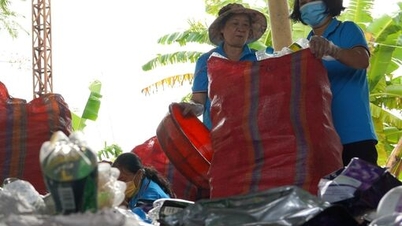

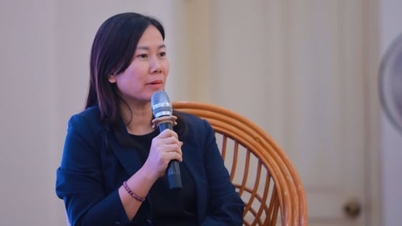




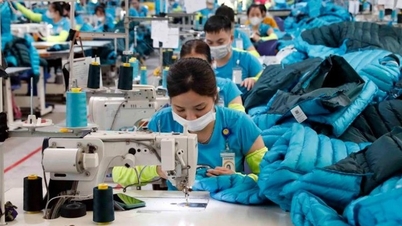

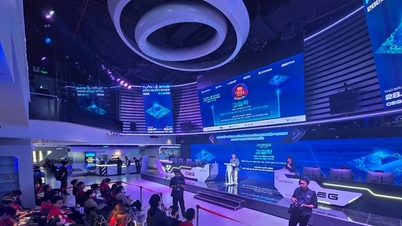
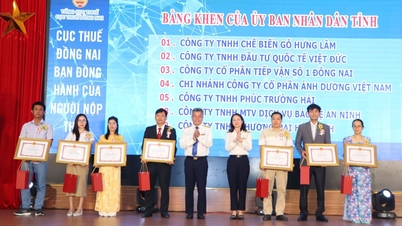


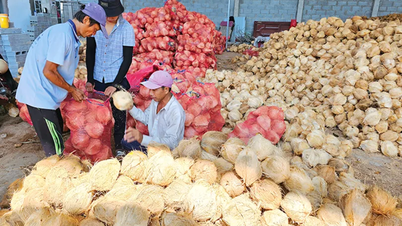

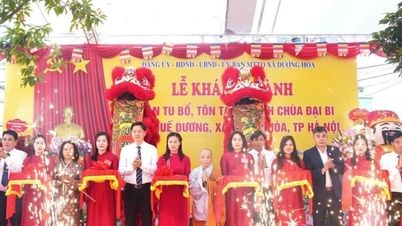
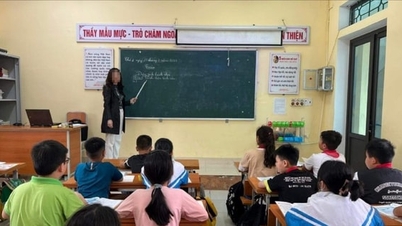







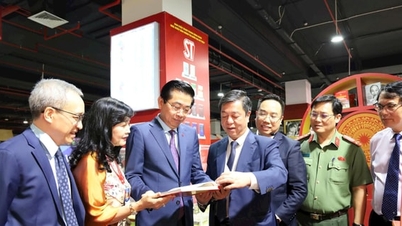
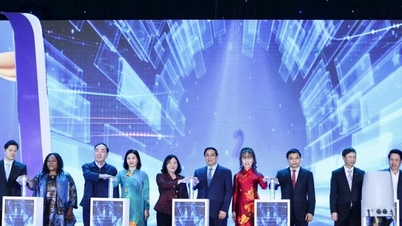
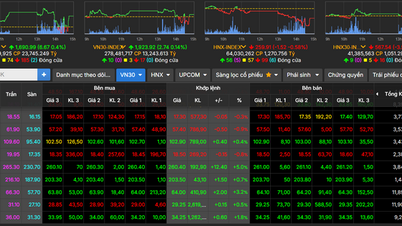






































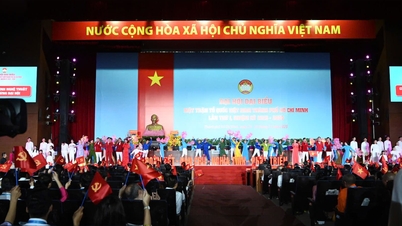





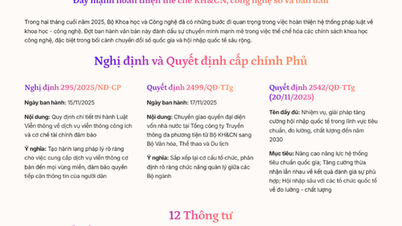

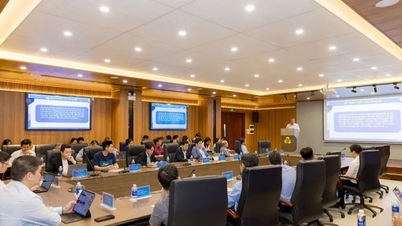
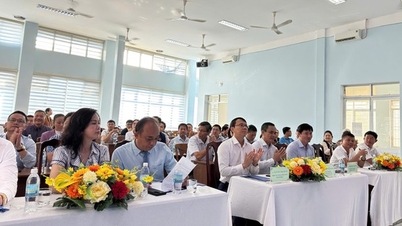
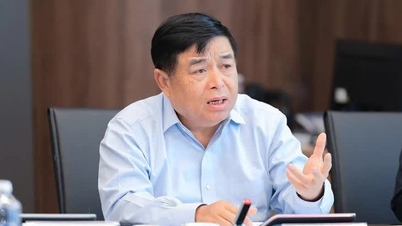
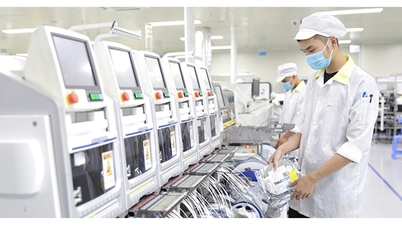
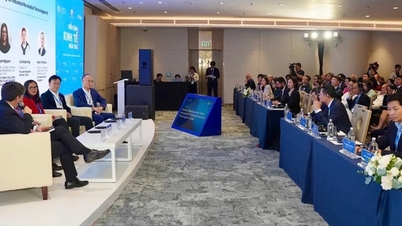
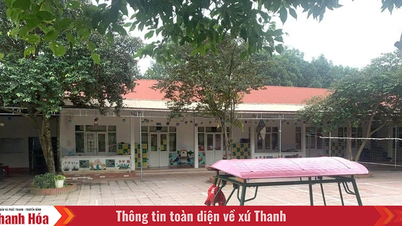

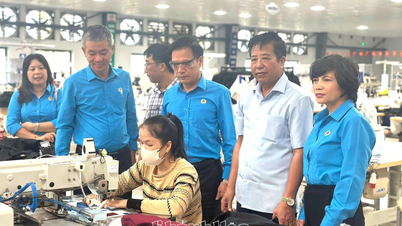

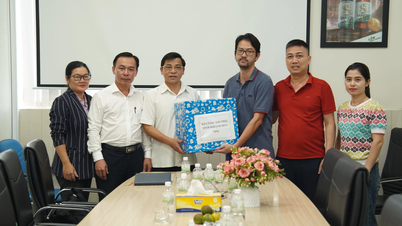
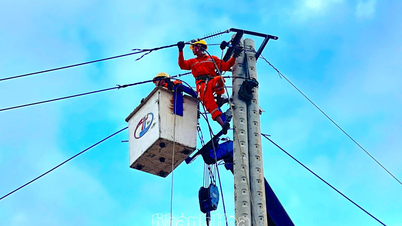
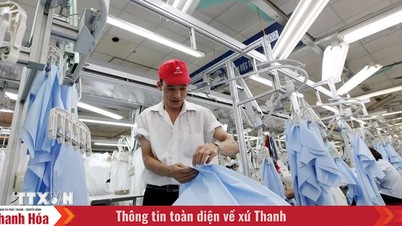









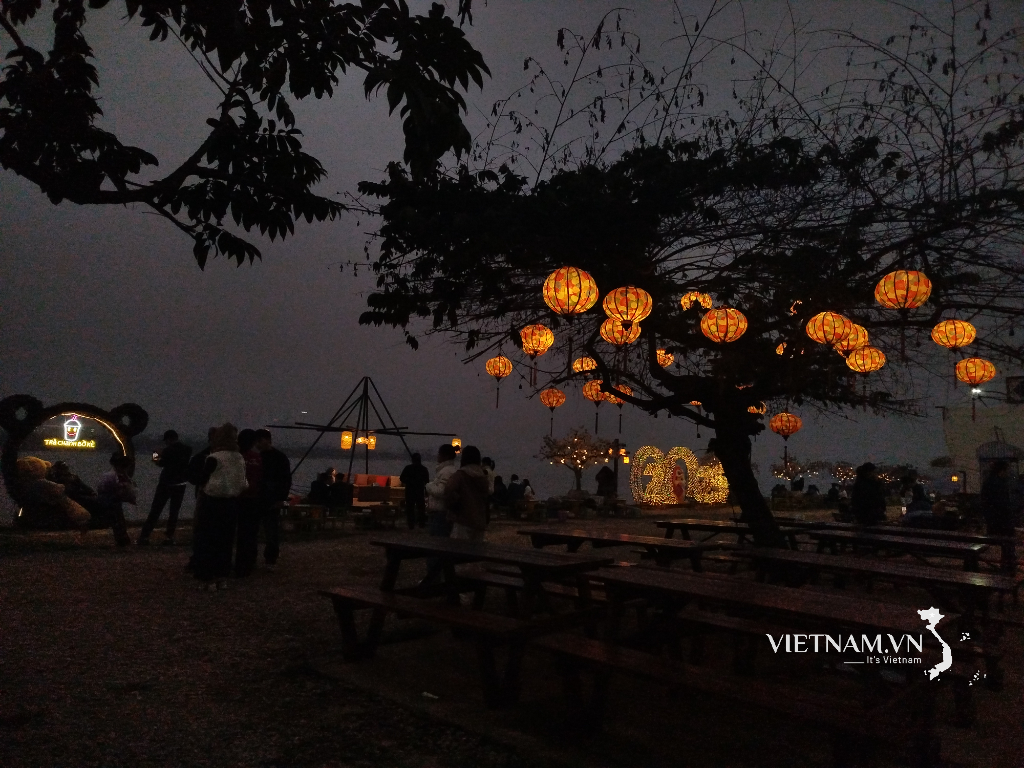


Comment (0)